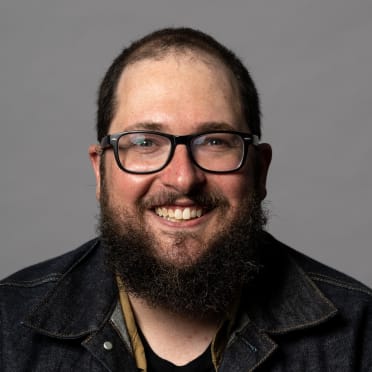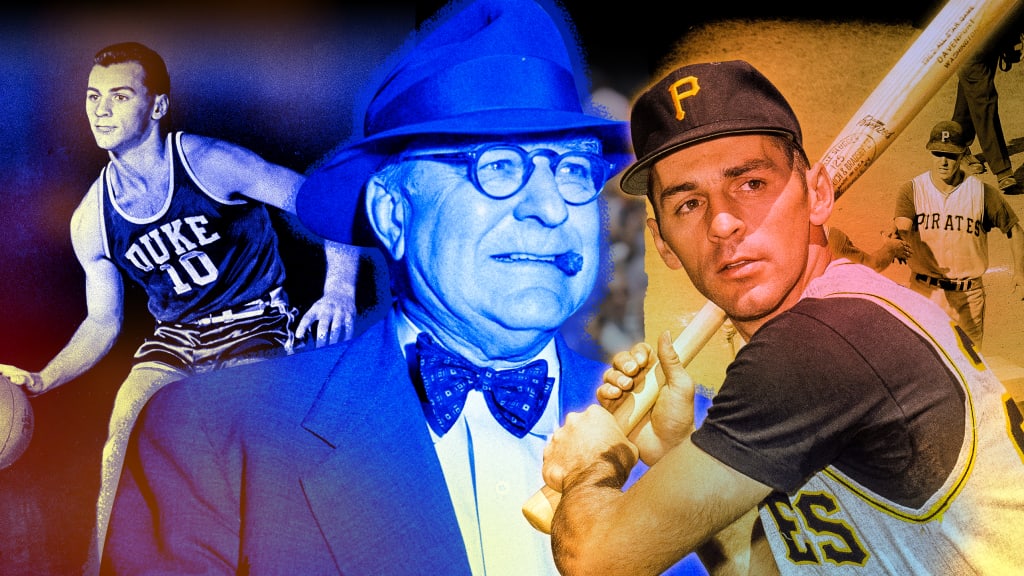
He skipped right over the Minor Leagues. He won an MVP Award and two World Series. But to this day, Dick Groat still swears he was playing his second-best sport.
“I had drawbacks in baseball that I never had in basketball,” Groat told MLB.com. “First of all, I couldn’t run. I’m still looking for my first infield hit,” he said with a laugh.
Before Deion Sanders, before Bo Jackson, long before Kyler Murray was even born, Groat had a chance to become the next American two-sport star. Instead, his career went down as one of sports' greatest what-ifs -- and we have Branch Rickey to blame.
First, though, we need to talk about Groat's basketball career.
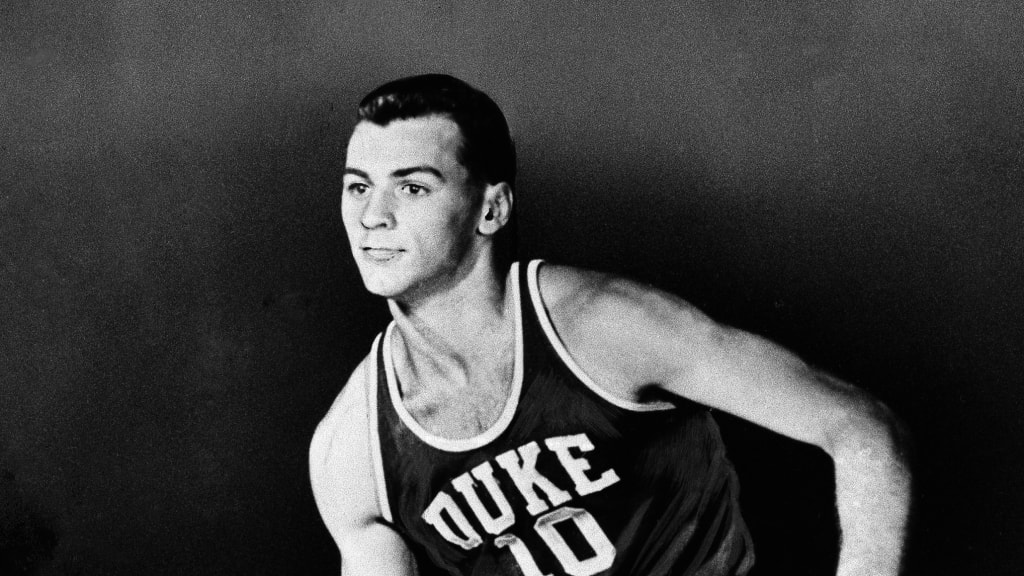
After a stellar career at Duke -- his No. 10 was the first to ever hang from the rafters at Cameron Indoor Stadium -- Groat was selected third overall by the Fort Wayne Pistons in the 1952 NBA Draft. But there was one problem: He hadn't completed all of his coursework, and his father expected him to graduate.
After bouncing back and forth between Durham and Detroit for a few weeks, Groat was grounded by bad weather and wound up missing some classes. So, the point guard made a very difficult decision: He was going to quit pro basketball.
“I called the Pistons back," Groat recounted, "and I said [to GM Carl Bennett], 'Mr. Bennett, I love playing basketball. I hate doing this, but I can’t do this anymore. My father would kill me if I didn’t graduate from Duke. I have good grades. I’m carrying a very light schedule. If I don’t graduate, he’ll want to shoot me,'" Groat joked.
(Oddly enough, the same thing had happened with Rickey and the Pirates the year before. The team had first tried to sign Groat in 1951, telling the shortstop that if he signed he would be in the lineup that very night. Groat told Rickey that if he waited a year and made the “same offer to me next June, I’ll sign.”)
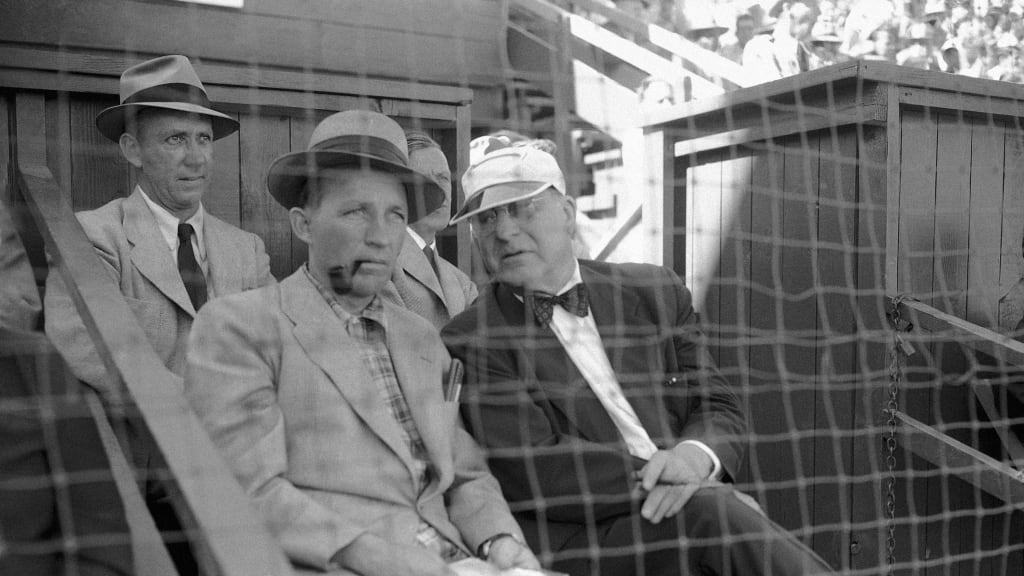
After heading back to campus for good, the Pistons called with a unique offer: They would fly Groat back and forth to games on a private plane, letting him play around the demands of his college schedule.
“I would go to class on Monday, play with my own team Monday night, fly to Fort Wayne on Tuesday in New York or Philadelphia, then fly back so I could go to class,” Groat said. “I never cut class, and I got my degree, and I got a chance to play 20-some games by flying back and forth.”
Even with the herky-jerky, start-and-stop rookie season, Groat still excelled. In 26 games with the Pistons, he was second on the club in points per game (11.9) and third in assists (2.7). And, most importantly, he graduated.
With Groat's time at Duke behind him, Rickey made good on his earlier promise, signing his prized prospect for a bonus somewhere between $35,000-$40,000 -- and immediately summoning him to the Majors. Showing no rust from his time on the court, the shortstop posted a .284/.319/.313 batting line in 95 games, and hef finished third in NL Rookie of the Year voting.
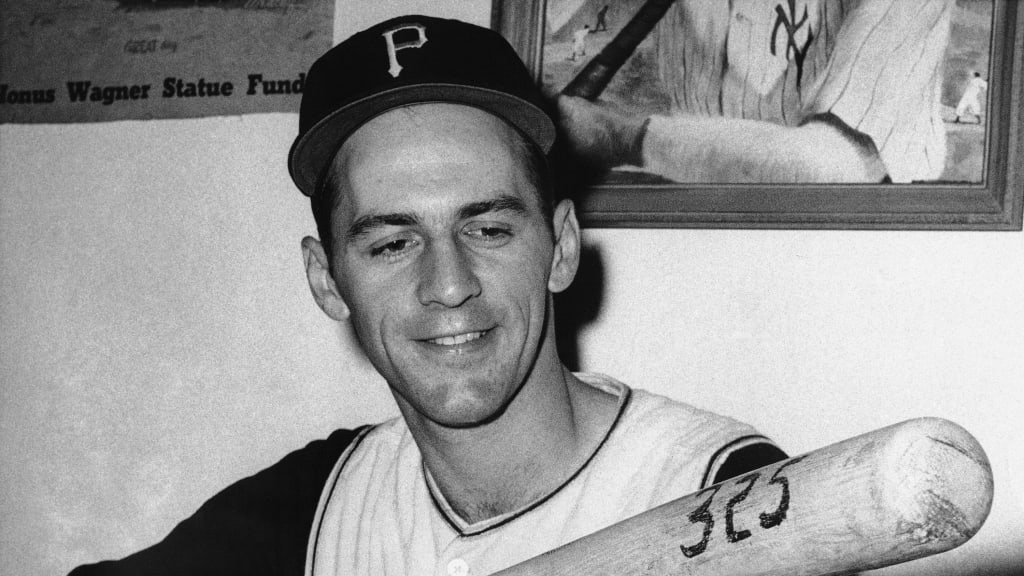
Both of his careers came to a halt due to a stint in the Army from 1953-54. But after starring in both sports for his military teams -- natch -- Groat was ready to pick up where he left off. Until Rickey stepped in.
“Looking back on it I had no choice,” Groat said. “Mr. Rickey said, ‘I let you play [basketball], you go in the Army, you come back out -- you’ll lose the rest of your bonus if you play basketball again.’”
Rickey wouldn’t budge, even with the Pistons offering some outrageous conditions to let Groat focus on baseball. Not only did Fort Wayne offer him more money -- “more than I was making playing baseball” -- but they even would have let him leave the team during Spring Training.
“I didn’t even have to go to the playoffs with the Pistons!” Groat said.
It's hard to fathom an NBA team making those sorts of concessions, and yet Groat seemingly had that kind of skill.
Of course, things didn't work out too badly on the diamond. Maybe if Rickey didn't intervene, Groat wouldn't have won that MVP in 1960, and he might not have been around for those two World Series titles. Then again, maybe Groat would have become the greatest two-sport star of all-time. The possibilities are endless.
As for how the man himself feels about it, all these years later: "The only disappointment I had in my athletic career was that I was not able to play in the NBA for more than one year. I loved basketball."
